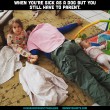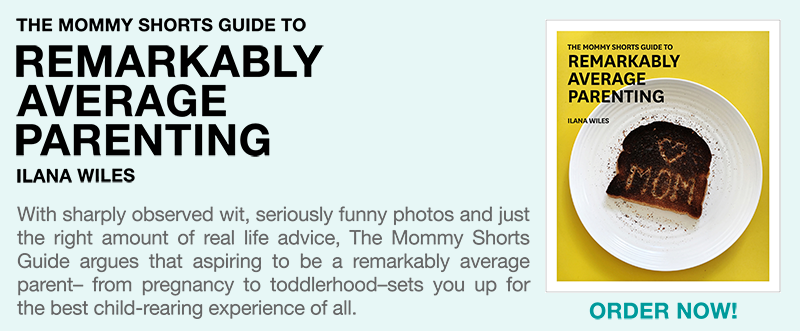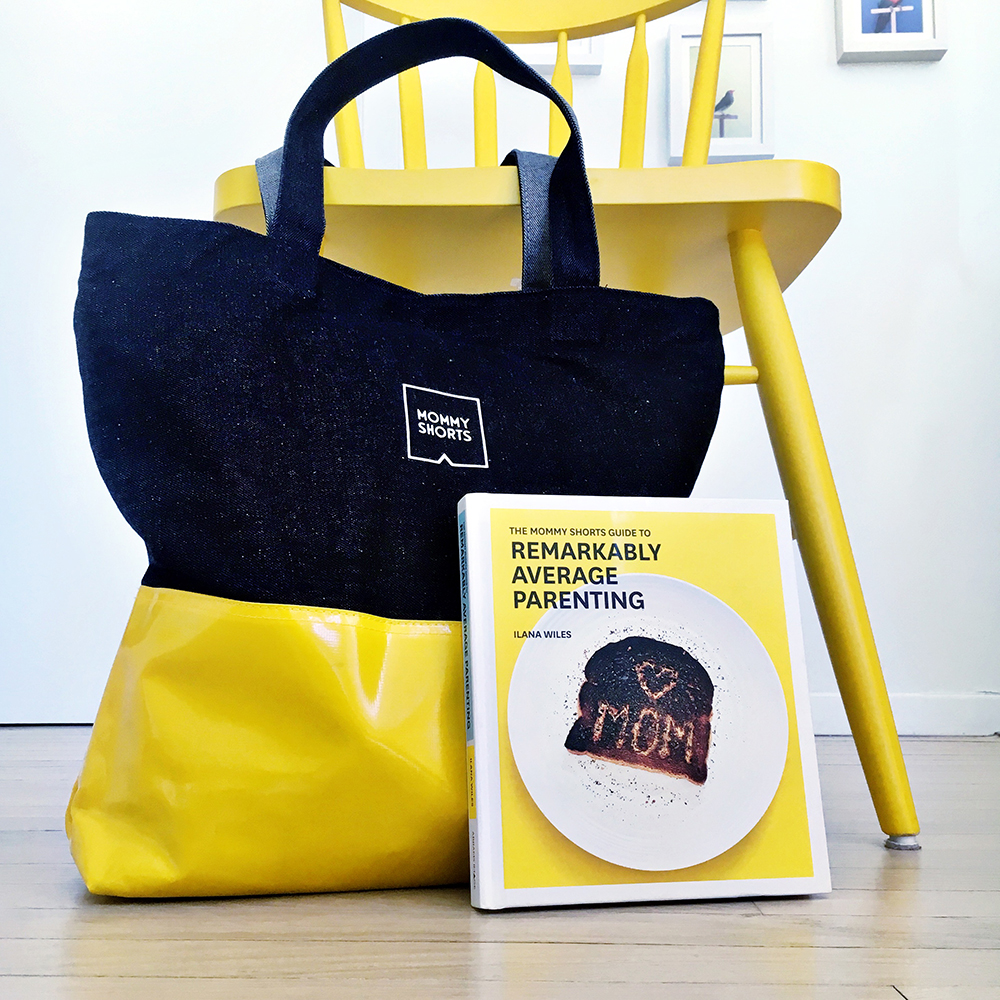My baby always cries when I leave the
house for work. I know that she will be
fine with our nanny during the day but it
is still torture to watch her cry as I walk
out the door. She is always perfectly
happy playing with the nanny until I
interupt to say goodbye. Is it better to
sneak out while she seems content?
—Mommy Shorts
Dear Mommy Shorts,
Sneaking out is not the answer to
separation anxiety. Your baby’s tendency
to cry when you leave is due to the fear that you will not return. Even if you don't witness the crying, your baby most likely acts out a few minutes later when he/she realizes you are gone. In addition, sneaking out often produces more anxiety because your baby remains on alert even when you are present, anxious that at any moment you may disappear. Separation anxiety is actually a good sign that suggests you have developed a healthy attachment, resulting in your baby's concern that his/her needs will not be met in your absence. Most children experience some degree of anxiety as early as 6 or 7 months when object permanence develops, and again around 12 to 24 months when they begin to recognize that they are individuals and have a separate identity from their caregiver—both an exciting and frightening thing. Some children also show signs of separation anxiety when they first enter school. To reassure your baby that you will never abandon him or her, it is important that you always say goodbye in order to establish a routine signal of your eventual return.
Here are a few tips for reducing separation anxiety:
1) Develop a consistent, simple, and quick way of saying goodbye. Do not linger.
2) Be confident (do not mirror your baby's anxiety) in order to show your baby that leaving is not a big deal.
3) Familiarize your baby with new caregivers and practice short separations with that person before you attempt a longer one.
4) If you are leaving your baby at a daycare facility, visit the facility a few times together before leaving him/her there. Give your baby a transitional object such as a small blanket or stuffed animal from home as a tangible reminder of you in your absence.
5) Leave at a time when your baby is well-fed and rested. Also, you can try to engage them in an activity with the caregiver before you leave.
6) Don’t overact when your baby begins to get upset. Trust that your caregiver can handle it. Your baby will probably be fine a few minutes after you leave.
In time, your baby will learn that when you leave, you will always return. This will result in an increased level of independence. In the mean time, don't let separation anxiety deter you from leaving your baby. You are aiding a healthy stage of development.
—Dr. B
Dr. B Recommends:
Dr. B (AKA my sister) has a doctorate in school psychology specializing in early childhood development.


























The first time I dropped my first son off at a temporary daycare, I read about how I was supposed to say goodbye, as described in this post. But what happened? I panicked, sneaked out and as soon as I realized I had f’ed up, I spent the rest of the day on the verge of tears and picked him up early. He was fine. I guess I was not!
Yep- he was probably at daycare napping better than he ever does at home. Happy as a clam. It’s always worse on the moms.
My 4 yr old daughter started preschool in September. She goes 4 days a wk all day. I thought she would scream and not want to stay because she has never been left with anyone except her dad or my mother. She does excellent! Absolutely loves it. But now for some reason will not stay at my moms overnight without me. And just this wk 3 days in a row now refuses to go to school unless I stay. I don’t know what to do.